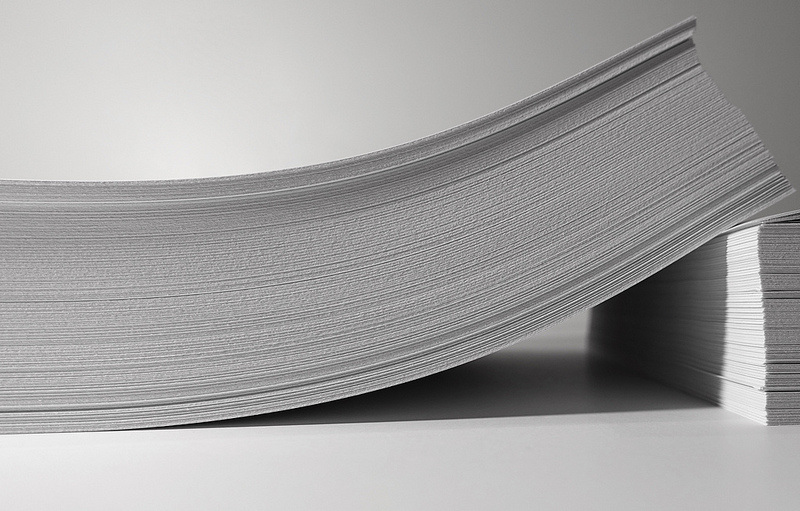|
So you’ve finished your book – you’ve read through the manuscript line by line, word by word. You’ve found and corrected every typo, your grammar is flawless…until the very first reader picks up the book and finds an error! Even the most diligent, most grammar savvy author cannot spot every mistake in his or her own manuscript. And this is why employing the services of a professional editor / proofreader is a must for your book. Helen Baggott is an accredited proofreader and copy-editor, and a partner member of ALLi (Alliance of Independent Authors). Helen offers a range of professional services including editing, proofreading and self-publishing advice. Helen has worked on all four of my novels, and I strongly endorse her services – Helen’s professionalism and attention to detail certainly improved my books.
Helen kindly agreed to an interview about the role of an editor / proofreader, and about the benefits this can bring to authors. What attracted you to working as a professional editor/proofreader, and how did you start? As the self-publishing market blossomed I recognised the need for affordable proofreading. Too many writers were publishing their books without having the content edited and proofread. I had already completed a course to complement my work on a local magazine and as a writer of articles for other magazines. Do you have a specific method you use for each book or does it change from manuscript to manuscript? By the time a manuscript is finished an author can almost recite the content, that’s how familiar it becomes. Even the way the paragraphs break on a page will be imprinted and the brain and eye will conspire to deceive. It’s unlikely friends and family will criticise or find fault with the work – employing an impartial professional is essential. Every manuscript is different – every writer is different. By the end of the first chapter I have appreciated the style and have a good sense of the author’s voice. That voice is critical – any suggested changes must retain it. Also, I will make a note of any quirky styles – just to ensure that the author’s voice is consistent. It’s surprising how often an author will change a character’s personality. If I don’t hear the character saying those words or acting that way, I flag it up and explain my query. What is the difference between editing and proofreading? Editing will ultimately ensure a manuscript is structured and rounded, that it has no plot bumps or inconsistencies. It should ensure that the reader isn’t suddenly caught unawares by an unconvincing scene. Inexperienced authors will sometimes force something on to a character to suit a scene or a plot twist. That short-changes a reader’s experience. Characters have to be fully-formed and whilst you shouldn’t reveal everything on the first page, you do need to create a credible cast. We all, in real life, occasionally act out of character. But there’s a reason, an external influence. The skill of the author will create exactly that, and the editor will ensure it all has the mark of credibility, even in incredible scenarios. Proofreading will correct typos – spelling, grammar, punctuation, etc. However, if I’m asked to proofread a manuscript and it’s clear it hasn’t been edited, I will include the relevant information in my report. Editing and proofreading will involve a certain amount of fact-checking. Whilst I don’t have access to an author’s research, I do check as many details as possible. It’s always better to query something than assume it’s correct – especially with non-fiction. What are the most common mistakes you see in manuscripts? Very often there will be inconsistencies – both with the style and the content. But I actually find mistakes in the front matter – where the author has added their own details. It’s the same with websites; the ‘About Us’ pages are usually peppered with errors. We know our own story so we barely read the text. That information is standard – it’s possibly been copied from blog, to website, to Twitter profile, to Amazon, etc. If the original version has an error it’s carried through to all platforms. What do you find most rewarding about your job? Some of my clients are established and have a number of traditionally published books to their names. Others are new to writing and as thrilling as it all is – and should be – they do need help. It’s extremely satisfying to work on a project for several months and help an author fulfil their potential and be able to publish a polished book. If you could give just one piece of advice to independent authors when it comes to editing/proofreading, what would it be? I always think it’s a terrible shame that some authors do not allow time in their self-publishing schedule for editing and proofreading. Setting a date for their book’s launch seems more important than having an error-free product. In five years’ time, postponing the launch by a month would be irrelevant. Bad reviews on Amazon (because of errors) will be there forever. Successful authors are those who take their time. They’re not procrastinating, tweaking the same sentence a hundred times, they’re sitting back and allowing the book to settle. My top tip would be: create a timetable that allows you to self-publish the best book you possibly can. Don’t compromise just because you have a date ringed on the calendar. You can find Helen at http://www.helenbaggott.co.uk/
3 Comments
5/11/2016 03:32:10 pm
"Don’t compromise just because you have a date ringed on the calendar." Good advice. Something I should heed!
Reply
Steven Smith
5/11/2016 04:16:49 pm
I agree - really good advice. Hope the interview is helpful. And thanks for pointing out the typo - my fault and now corrected!
Reply
Leave a Reply. |
Archives
October 2023
Categories
All
|

 RSS Feed
RSS Feed